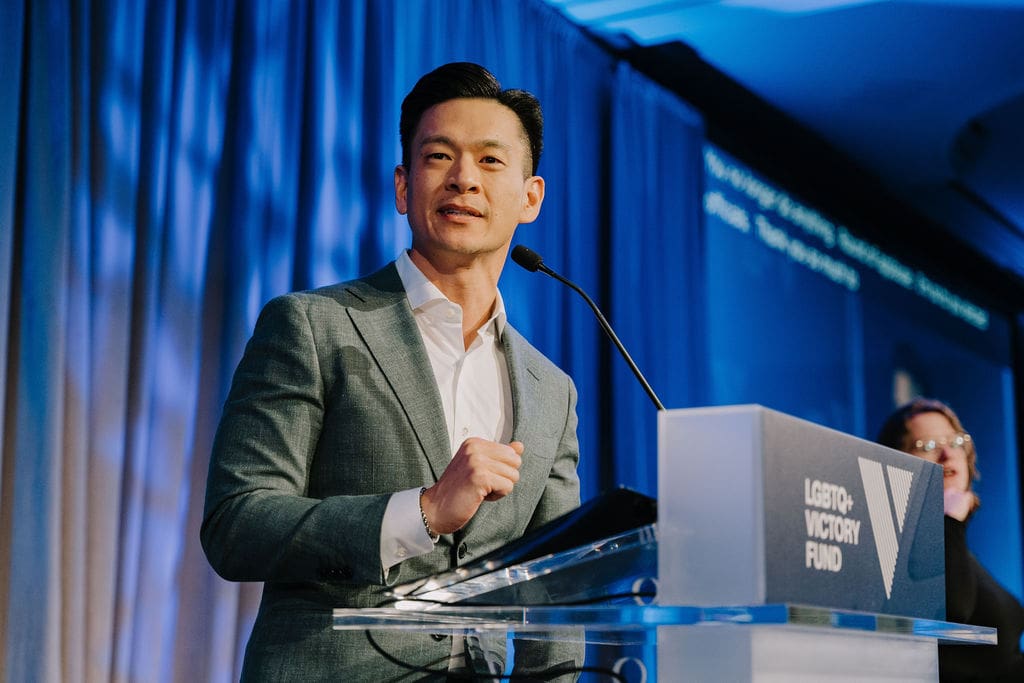Thousands of police officers in full riot gear protected Pride marchers in the Serbian capital of Belgrade. Extremist groups in the region planned on attacking the event, and several were detained.
That was September 20. Days before, findings of a poll regarding perceptions of LGBTQ people in the Balkans were presented to members of Parliament from across Europe in the same city.
Those findings were stark, yet offered reason to be hopeful. According to the poll, a significant portion of the Balkan population does not fully understand who is included in the LGBTQ community. But researchers also found that when a person knows an openly LGBTQ person, they are more likely to respect and understand the community as a whole. The poll also supported the idea that political parties do not receive backlash when they support openly LGBTQ candidates—an idea that was well received by the pro-equality parliamentarians.
This presentation took place at a meeting at the House of the National Assembly of Serbia aimed at increasing political participation of underrepresented minorities and to inviting them into the political process. The meeting prefaced the “Democracy for All: Political Participation of LGBTI Persons in the Western Balkans” conference on September 15-17.
Looking forward to speaking in Serbian Parliament #LGBTIBalkans pic.twitter.com/FmiYgteOHz
— Jerry Buttimer TD (@jerrybuttimer) September 15, 2015
This conference – which was co-sponsored by the Victory Institute, Labris and Hirschfeld Eddy Stiftung – was the first ever gathering held in the Balkans devoted to the political participation of the LGBTQ community.
Over 110 people attended with the goals of getting more LGBTQ citizens involved in civil society, advancing the movement within state institutions and helping elected officials in the region share ideas.
The result was two days of discussions and training. Topics ranged from LGBTQ allyship, recruiting transgender candidates for office and the power of social media in the equality movement. The conference’s organizers intentionally wanted to strike a balance of activists and elected officials.
A recurring theme emerged: Elected officials can do small things to create a big impact for the LGBTQ community. Respecting the pronouns, names and genders of trans members of the community, and sticking up for the trans community when they are disrespected, can set a tone for an elected official’s constituents. Leading by example can teach and encourage the larger population to learn about and respect their LGBTQ neighbors.
Great point about how tolerance is not the goal, #respect is. #LGBTIBalkans
— Alex Cooper (@wgacooper) September 17, 2015
The geographic distribution of attendees was wide, and included Liljana Popovska (pictured), Member of Parliament from Macedonia, Wiktor Dynarski of the Trans-Fuzja Foundation in Poland, Anđela Čeh of the Serbian Office for Human and Minority Rights and Montenegro Councilmember for Civil Control of the Police Sasa Zekovic.
This is not the first time Victory has been to Serbia. In 2014, Victory partnered with Labris, a Serbian lesbian rights organization, to host five two-day educational sessions for becoming an effective LGBTQ official.
